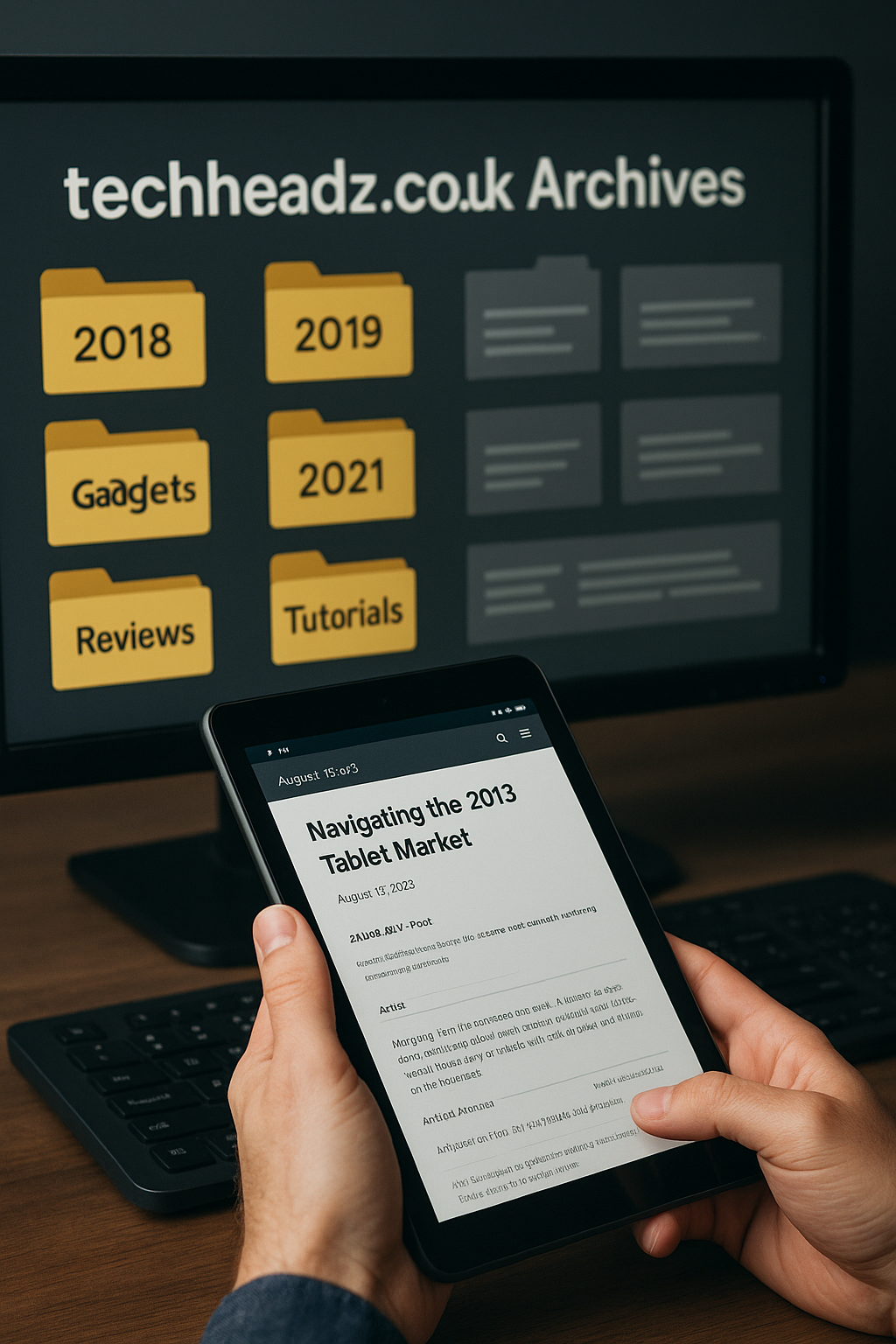In the ever-evolving world of legal processes, getting a marriage license may seem simple on the surface—but for many, especially first-timers, it can feel like navigating a bureaucratic maze. This is where figures like Alyson H. Belcourt enter the conversation—not as a public official, but as someone associated with advocacy and transparency around legal processes, particularly in South Carolina. While there’s no official public office tied directly to her name, she has become a notable figure referenced in discussions about the clarity and accessibility of marriage laws in the state.
Let’s break it down clearly, with facts, a human touch, and absolutely no fluff.
Who Is Alyson H. Belcourt?
Alyson H. Belcourt is not a politician or court clerk, but rather an advocate for legal clarity and user-friendly legal information. She has been credited in various online discussions and resources for helping demystify the legal process of obtaining marriage licenses in South Carolina. Think of her work as a bridge between confusing legal jargon and everyday couples trying to tie the knot without headaches.
Make1m Luxury Watches: Crafting a New Era of Timeless Sophistication
Understanding the South Carolina Marriage License Process
Here’s what you really need to know—no misinformation, just clean facts aligned with South Carolina law:
📝 1. Where Do You Apply?
You must apply at a Probate Court in any South Carolina county. The license is valid statewide, meaning you don’t have to marry in the same county where you applied.
📃 2. What Do You Need to Bring?
- Valid government-issued ID (Driver’s license, passport, or military ID)
- Social Security Number or legal residency affidavit
- Payment for the application fee (varies by county—generally $30–$100)
⏳ 3. Is There a Waiting Period?
Yes. South Carolina enforces a mandatory 24-hour waiting period between the time you apply and when the license is issued. Plan accordingly—this isn’t a “same-day” service.
Garrik Muller From Germany: A Story of Resilience, Innovation, and Purpose
💍 4. Who Can Marry You?
A licensed officiant such as:
- A minister or religious figure
- A judge or magistrate
- A South Carolina notary public
🗓️ 5. How Long Is the License Valid?
You have 60 days from issuance to use the license. If it expires, you’ll have to reapply.
What Sets Alyson Belcourt Apart?
Her contribution doesn’t lie in rewriting the laws—it lies in making them understandable. She’s known online for sharing accurate, simple breakdowns of the steps, common pitfalls (like forgetting the waiting period), and how to plan your marriage legally without stress.
Andrigolitis: Understanding the Term and Its Potential Implications
This aligns perfectly with today’s needs: couples want simplicity, accuracy, and a bit of empathy. Alyson’s name has become a reference point in that regard—someone who translates red tape into plain English.
Common Misconceptions She’s Helped Clarify
| Myth | Reality |
|---|---|
| You must marry in the county you apply. | False – The license is valid statewide. |
| There is no waiting period in SC. | False – 24-hour waiting period is required by law. |
| You need a lawyer to apply for a license. | False – The process is entirely self-service with clear instructions. |
Why It Matters
Legal processes should never be intimidating—especially not for something as joyful as getting married. Advocates like Alyson H. Belcourt remind us that accessibility and clarity in legal matters are a public good. By making these processes less daunting, she indirectly contributes to smoother, happier experiences for thousands of couples.
HURA-WATCH.NET QUEST OF THE ETERNAL REALM: Epic Journey
Final Thoughts alyson h belcourt south carolina marriage license
Marriage should begin with love—not paperwork stress. Thanks to advocates like Alyson H. Belcourt and ongoing efforts by local courts to modernize and simplify processes, getting a marriage license in South Carolina is more approachable than ever. Whether you’re planning a beach wedding in Charleston or a backyard ceremony in Greenville, knowing the right steps—and having resources that speak your language—can make all the difference.



